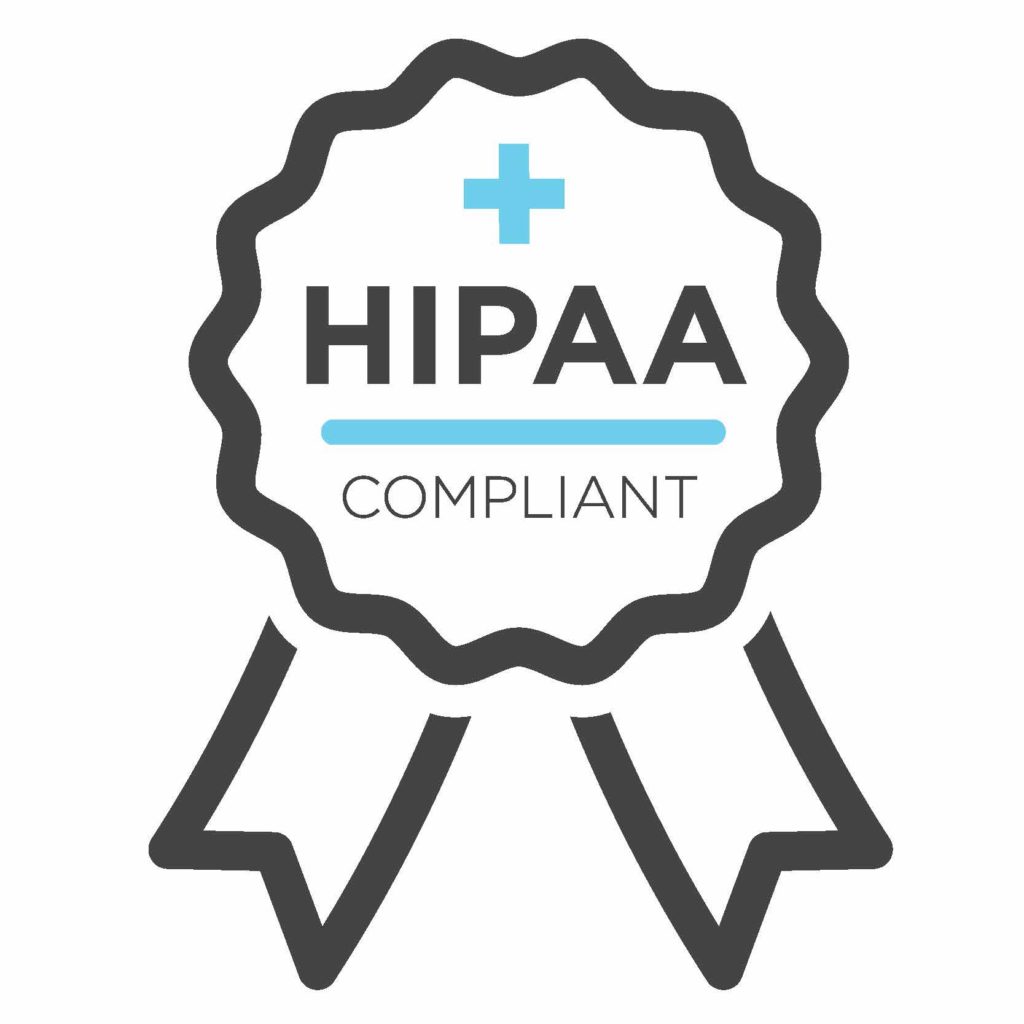

HIPAA and Language Services
HIPAA is the most important medical acronym you’ve never heard of. In a world where it seems like our private information is all over the internet, HIPAA protects your medical information. In this article, we’ll explore what HIPAA is and why it’s important for translation and interpreting.
What is HIPAA?
HIPAA stands for the Health Insurance Portability and Accountability Act of 1996. In the late 1990s, the government passed this act to ensure that medical patients’ health information was protected in the digital age. Under HIPAA rules, patients hold the rights to their protected health information and set limits for who could access it.[1] Protected health information (PHI) is:
“Identifiable information relating to the past, present, or future health status of an individual that is created, collected, or transmitted, or maintained by a HIPAA-covered entity in relation to the provision of healthcare, payment for healthcare services, or use in healthcare operations (PHI healthcare business uses).”[2]
In the most basic terms, PHI is any personal information you wouldn’t want being sold, distributed, or talked about by anyone other than you and your doctor. An example of a document with PHI would be your intake form you fill out at the doctor’s office. The form would have your address, social security number, and health history – all things that can identify you as a patient.
All hospitals, doctors’ offices, or other medical/wellness providers have to follow HIPAA rules by law.
Is Interpreting HIPAA Compliant?
Most medical interpreters are familiar with HIPAA and follow compliance. Many interpreting agencies require interpreters to go through HIPAA compliance training and certification before they interpret.
Just like doctor-patient confidentiality, interpreters will not share any information about what they talked about with a patient in an appointment. To protect your privacy, interpreters follow these guidelines:
- Interpreters do not share any patient information with another person or company
- Interpreters do not discuss patient information with other interpreters
- Interpreters do not leave PHI unattended
Finally, any information saved for record-keeping and reporting that is generated by the interpreter or agency is often stored in a HIPAA-compliant manner. That means that physical files are kept in locked filing cabinets, papers are shredded when discarded, and all computer records are password protected. Acutrans follows all these procedures and more to keep its interpreting services HIPAA-compliant.
Is Translation HIPAA Compliant?
Any professional translation agency that works with medical organizations should be complying with HIPAA rules. An easy way to distinguish between a professional, high quality translator and a bad quality one is to ask what steps they take to protect PHI. Professional translators and translation agencies sign non-disclosure agreements (NDAs) with their clients and linguists. These NDAs usually set contractual obligations to uphold privacy laws.
Unfortunately, not all translation agencies make privacy their priority. Different laws govern privacy and health information across the world. Using a translator or translation company outside the United States can mean you are putting your health information at risk of being sold or stolen. Always thoroughly research translators and translation agencies before using them. Acutrans’ in-country teams always follow privacy laws.
Is Acutrans HIPAA Compliant?
Acutrans is on the forefront of privacy policy and technology in language services. Acutrans is proud to be 100% HIPAA compliant across every service. Because we work with hospitals and healthcare organizations, all our processes and services are HIPAA compliant and secure.
Interpreting
All of Acutrans’ interpreters take a HIPAA compliance training and certification course before they interpret. Interpreters learn about different non-compliant scenarios and how to keep a patient’s information private. In addition, all interpreters sign a HIPAA agreement that legally obligates them to comply with privacy laws.
Translation
All of Acutrans’ translators sign ethics and HIPAA compliance agreements when they begin to translate. All translation of private information is sent using encryption so no unwanted parties can access it. Plus, all files are saved in password-protected, HIPAA-compliant servers that can only be accessed by a few people.
Acutrans makes privacy and security two of its top priorities. We know that it can be hard to feel like your data is safe, but we are here to help. Our on-site, telephonic, and video interpreting all take place using HIPAA-certified interpreters on secure connections. Our translations are sent and saved in encrypted file sharing. Visit our website for more information and to request a quote.
[1] “Your Rights Under HIPAA” https://www.hhs.gov/hipaa/for-individuals/guidance-materials-for-consumers/index.html
[2] “What is Considered Protected Health Information Under HIPAA?” https://www.hipaajournal.com/what-is-considered-protected-health-information-under-hipaa/
